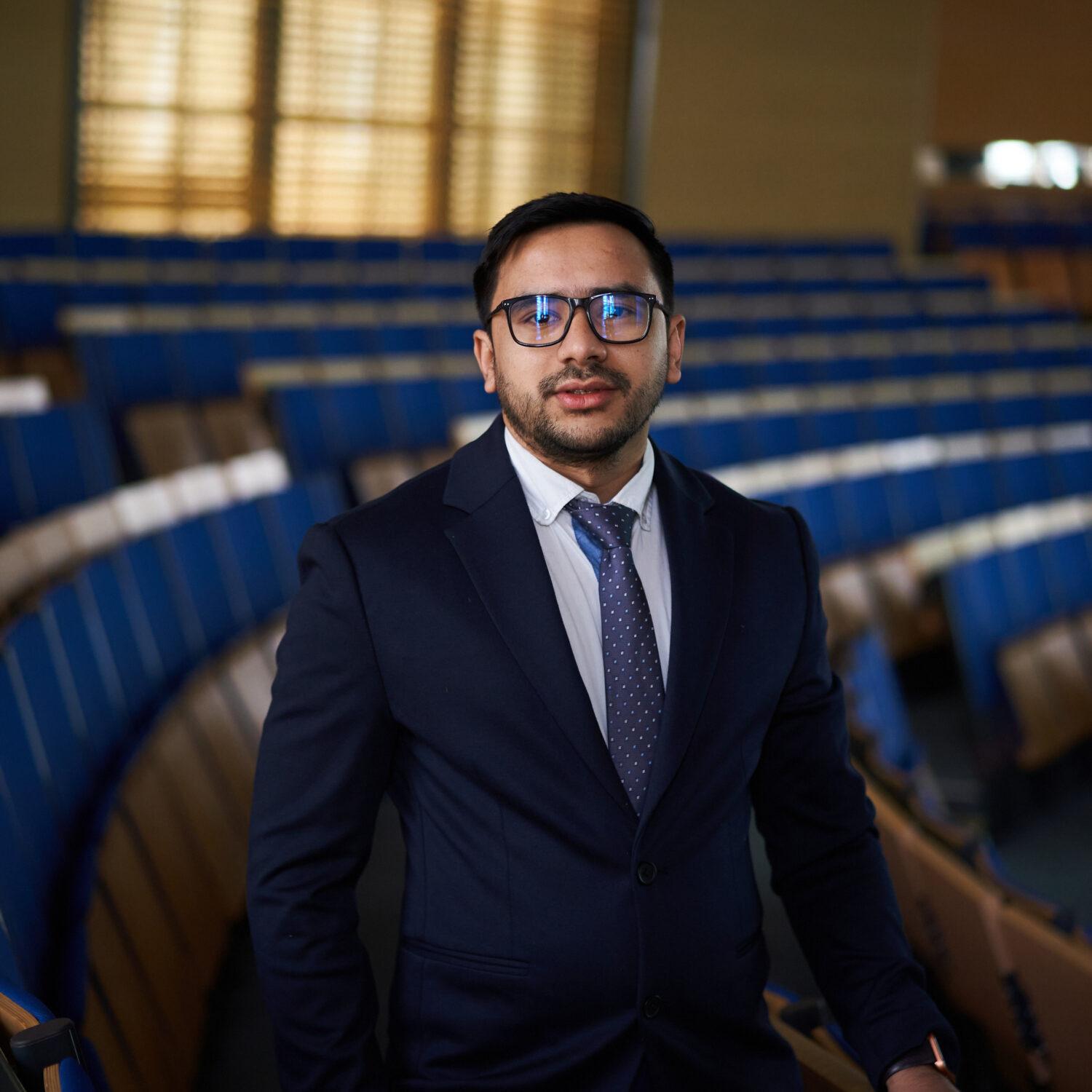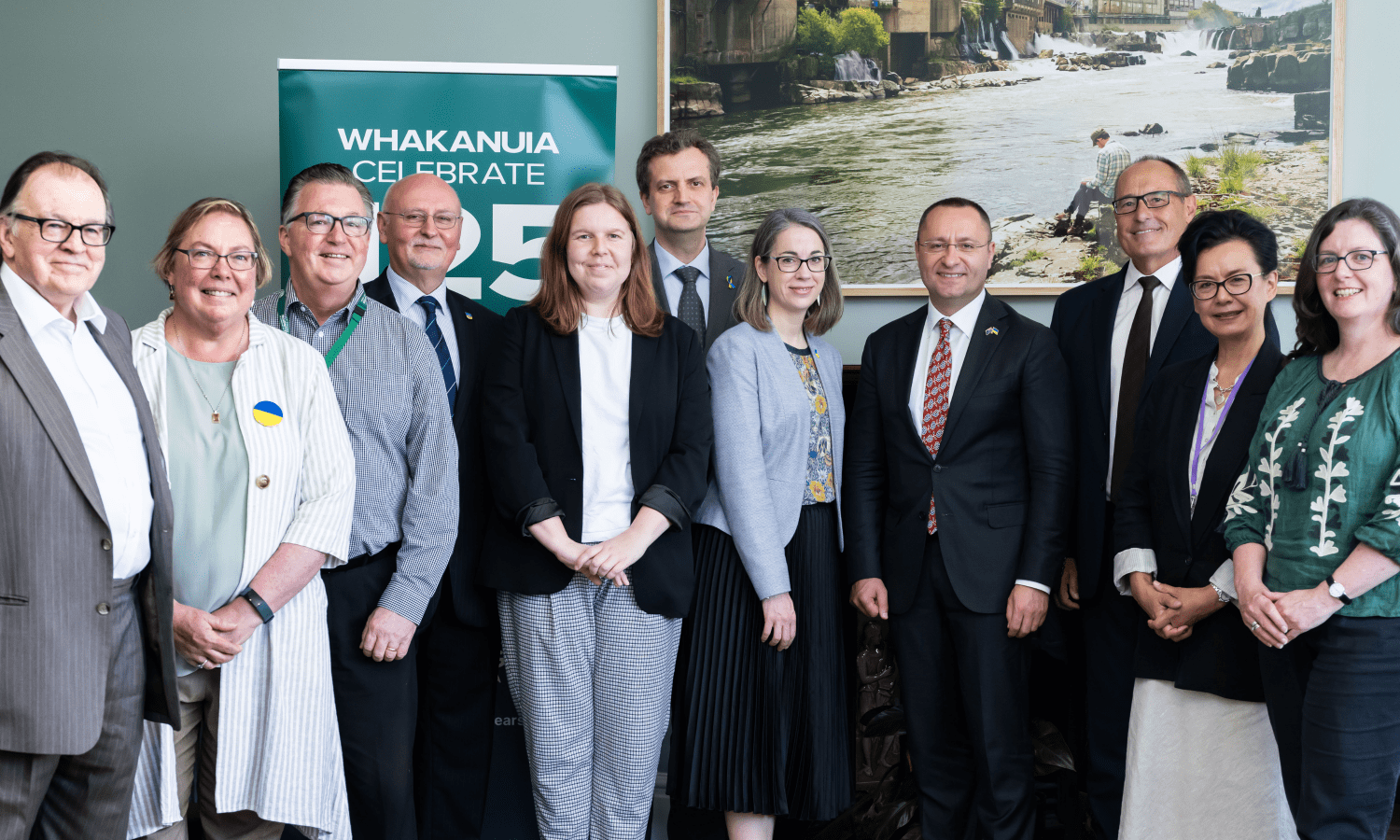On women from Ravensbrück in “Read with the UW” with prof. Maciej Raś

Prof. Manjeet Pardesi from Victoria University of Wellington visited the Faculty
May 30, 2023
Admission for the english-speaking programmes 2023/2024 now available!
June 6, 2023
The new episode of “Read with the UW” is devoted to the book “If this is a woman”, recommended by Prof. Maciej Raś, the Vice-Dean for Student Affairs at the UW’s Faculty of Political Sciences and International Studies. “I can relate to the theme of the book, because my grandmother was a Ravensbrück prisoner,” Raś says.
Prof. Maciej Raś works at the Faculty of Political Sciences and International Studies, the University of Warsaw. Since 2020 he has served as the Vice-Dean for Student Affairs and the Head of Didactic Unit at the faculty. His research interests are: international relations in the post-Soviet area, West-Russia relations, East in Poland’s foreign policy and subnational actors in international relations. He was also a guest lecturer at various universities abroad.
“Sarah Helm’s book ‘If this is a woman’ is a tragic story, which lacks even a hint of optimism. However, I found in it something else besides a list of crimes and cruelties committed in the camp. The book is also a portrait of great heroism and tremendous efforts made by the women who wanted to fight not only for survival but also for dignity,” Prof. Raś explains.
Ravensbrück
78 years ago, on 8th May 1945 at 11.01 pm, the Second World War came to an end. Since then, it is described as the cruellest war in the history of mankind. There were at least a few hundred Nazi camps of various types on the territory of occupied Poland, including ghettos, concentration, death, and POW camps. The largest of them was Auschwitz, where Nazi soldiers committed acts of genocide.
Places of imprisonment, forced labour and death such as concentration camps were also located in Germany. One of them was Ravensbrück, situated approximately 80 km from Berlin. It was the most horrible camp of those where only women were imprisoned.
“Polish rabbits”
“Ravensbrück concentration camp brought together women from all around Europe: German activists, Soviet soldiers, Polish political prisoners. They were beaten, tortured, and forced to work like slaves. Moreover, they were facing starvation and death,” Prof. Raś says. “Polish prisoners, so called ‘rabbits from Ravensbrück’ were also victims of pseudo-medical experiments,” Raś adds.
Ravensbrück concentration camp was liberated by the Red Army on 30th April 1945. Until today, the former prisoners remember this place as hell on earth.
Sarah Helm’s book “If this is a woman” and other works regarding the history of the Nazi camps can be found in open stacks at the University of Warsaw Library.






